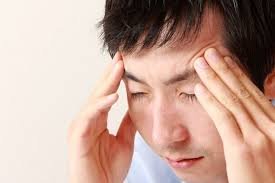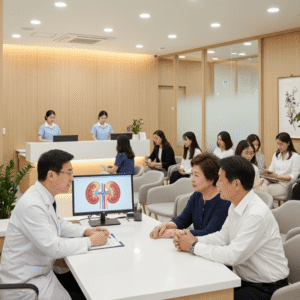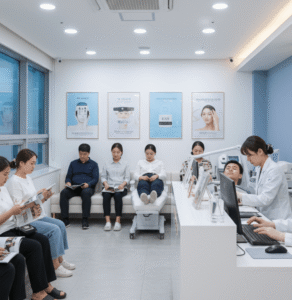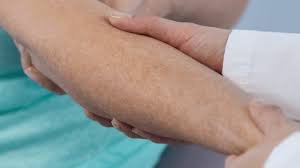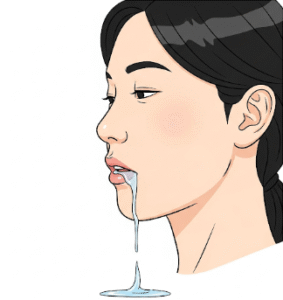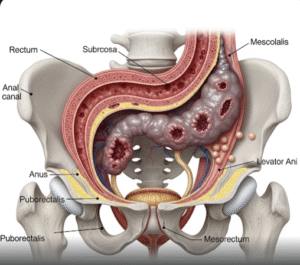Overview
Headache disorders are a common neurological complaint that can range from mild, occasional discomfort to severe, chronic pain affecting daily life. In Korea, these disorders are a significant public health concern, and specialized clinics provide diagnosis, treatment, and lifestyle guidance for effective management.
What are Headache Disorders?
Headache disorders encompass primary headaches (such as migraines, tension-type headaches, and cluster headaches) and secondary headaches caused by underlying medical conditions (e.g., infections, vascular disorders, or head trauma). They affect people of all ages and can have a substantial impact on work, study, and social life.
Symptoms
- Throbbing, stabbing, or pressure-like head pain
- Nausea and vomiting (common in migraines)
- Sensitivity to light (photophobia) and sound (phonophobia)
- Visual disturbances or aura
- Neck or shoulder tension (common in tension-type headaches)
- Cluster headaches may include eye redness, tearing, or nasal congestion
Causes
- Genetic predisposition (especially in migraines)
- Stress and anxiety
- Poor posture and muscle tension
- Hormonal fluctuations
- Sleep disturbances
- Underlying medical conditions (sinusitis, high blood pressure, or brain lesions)
Risk Factors
- Family history of headache disorders
- Female gender (higher prevalence of migraines)
- High-stress lifestyle
- Irregular sleep patterns
- Excessive caffeine or alcohol consumption
- Obesity and poor diet
Complications
- Chronic daily headaches leading to disability
- Medication overuse headache
- Reduced productivity and quality of life
- Psychological problems such as anxiety or depression
- Rarely, secondary headaches may indicate serious medical conditions
Prevention
- Maintain regular sleep and exercise routines
- Manage stress through relaxation techniques
- Avoid known dietary or environmental triggers
- Stay hydrated and maintain balanced nutrition
- Regular medical check-ups for early detection of secondary causes
Treatment Options in Korea
Diagnosis
- Clinical evaluation of headache type and triggers
- Neurological examination to rule out secondary causes
- Imaging: MRI or CT scans if red-flag symptoms are present
- Blood tests for metabolic or systemic conditions
Medical Treatments
- Pain relief medications (e.g., NSAIDs, acetaminophen)
- Triptans and preventive medications for migraines
- Muscle relaxants or physiotherapy for tension headaches
- Lifestyle modification advice from neurologists
- Alternative therapies such as acupuncture available in Korean clinics
Surgical or Advanced Therapies
- Nerve block injections for chronic or cluster headaches
- Botulinum toxin injections for chronic migraines
- Rarely, surgical intervention for structural causes or refractory cluster headaches
- Advanced Korean headache centers offer personalized treatment plans
Rehabilitation and Support
- Cognitive-behavioral therapy for stress management
- Education on headache diaries and trigger identification
- Physical therapy for posture and muscle tension
- Patient support groups for chronic headache disorders

